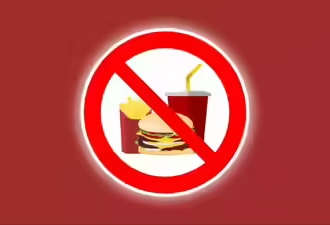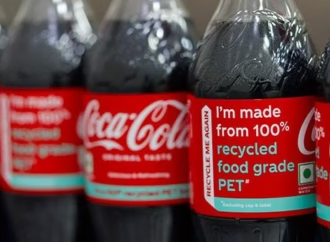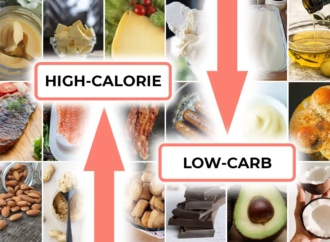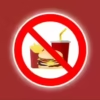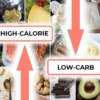Report
Canada has issued a recall for various brands of organic carrots due to potential E. coli O121 contamination. This recall follows a U.S. recall by Grimmway Farms, which involved 35 brands and sizes of organic and baby carrots. The U.S. recall stems from an outbreak of E. coli infections currently under investigation by the FDA. As of November 17, the FDA confirmed 39 cases, with 15 patients hospitalized and one fatality. Among the 27 patients interviewed, 26 reported eating carrots before falling ill.
The Canadian Food Inspection Agency (CFIA) confirmed that the recalled carrots were distributed nationwide. Photos and label details of the recalled products are available for reference.
About E. coli Infections
Consumers who ate the recalled carrots and developed symptoms of an E. coli infection should seek medical attention and inform their doctor about possible exposure. Diagnosing E. coli infections requires specific tests since symptoms often mimic other illnesses. Common symptoms include severe stomach cramps, bloody diarrhoea, and occasionally fever. Most individuals recover within 5 to 7 days. However, some may experience severe or life-threatening complications, according to the Centers for Disease Control and Prevention (CDC).
Common Symptoms of E. coli Infections
Approximately 5 to 10 per cent of those infected develop hemolytic uremic syndrome (HUS), a potentially fatal kidney condition. Symptoms of HUS include fever, abdominal pain, extreme fatigue, decreased urination, unexplained bruising or bleeding, and pale skin. HUS can affect individuals of any age but is more common in children under five, older adults, and people with weakened immune systems. While many recover in a few weeks, others may suffer permanent damage or death.
Risks of Hemolytic Uremic Syndrome (HUS)
Anyone experiencing HUS symptoms should immediately seek emergency medical care. HUS often requires hospitalization due to its potential to cause ongoing complications like hypertension, chronic kidney disease, brain damage, and neurological issues. Click here to see photos and label information for the recalled carrots.
Source: Food Safety News
 Food Manifest
Food Manifest 
